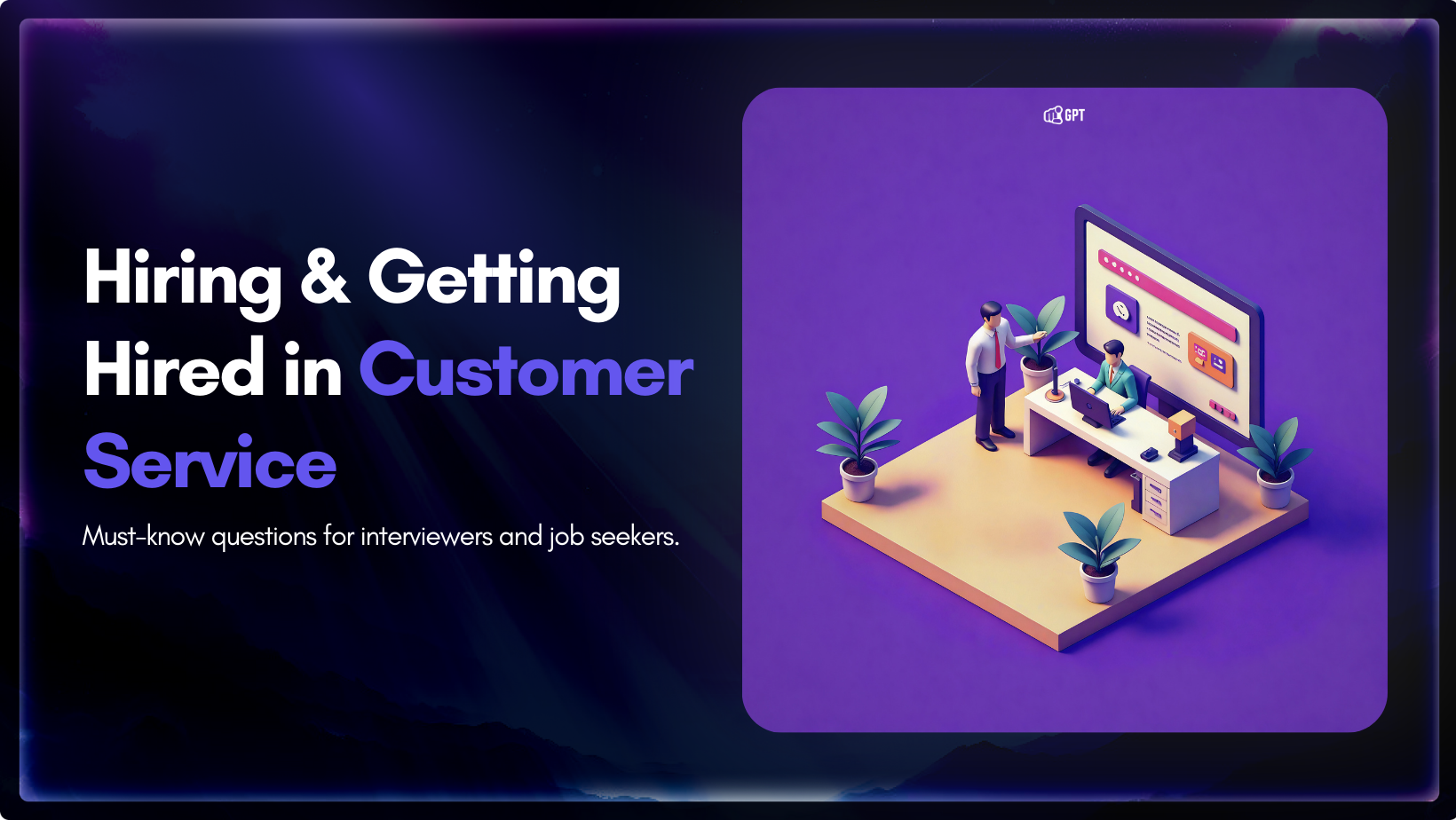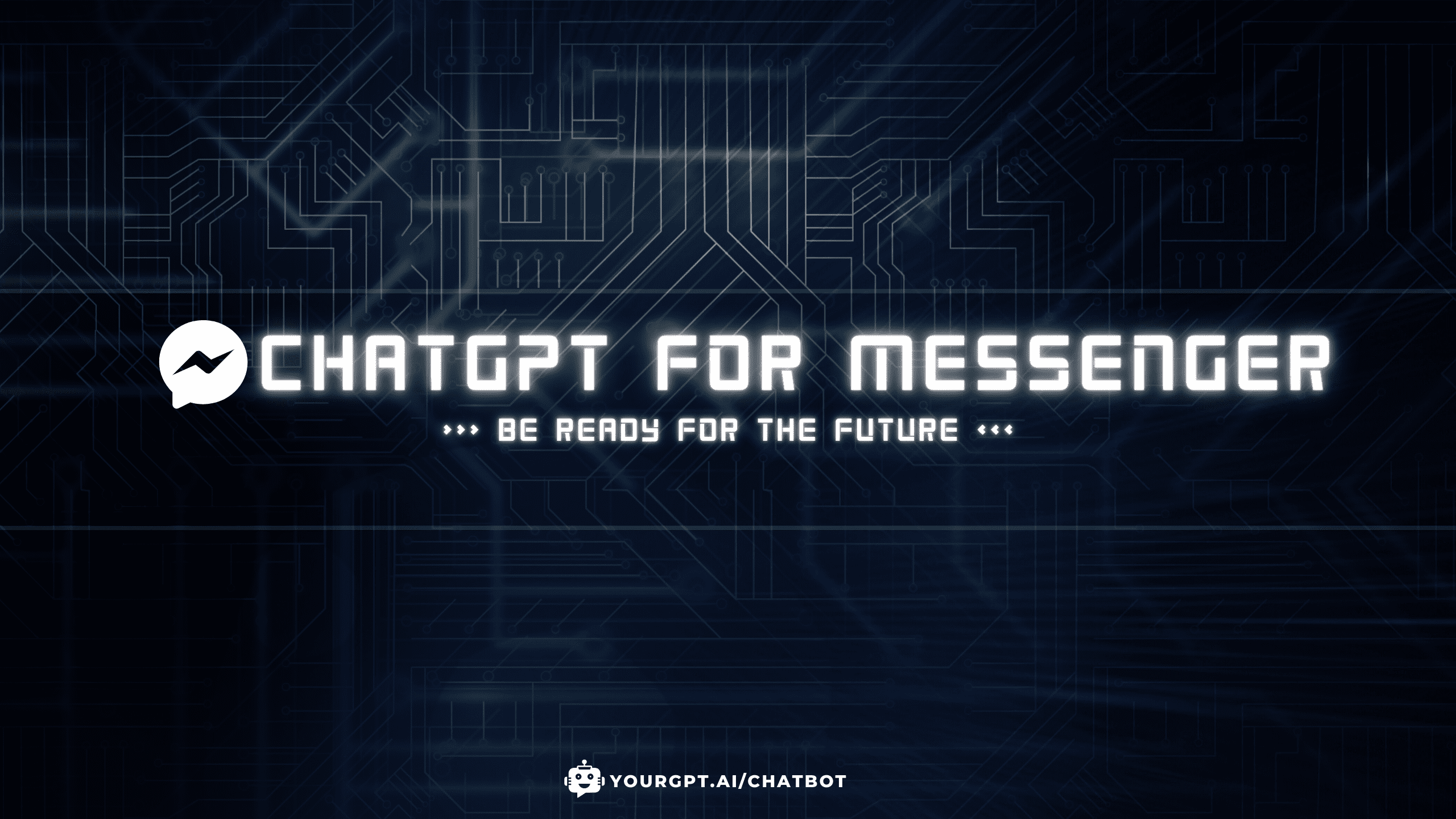18 Common Customer Service Interview Questions


Customer service is more than just answering queries or resolving issues. It directly impacts how customers see a business. If they have a good experience, they are more likely to stay. If not, they may leave and even discourage others from using the service.
Employers hiring for customer service roles look for three key skills:
Good customer service is not just about following a script. It requires understanding people—their expectations, concerns, and how to make them feel valued.
This blog covers 18 common customer service interview questions with tips to help you stand out, if you’re starting your career or growing in it.

Customer service refers to the support and assistance provided to customers before, during, and after they purchase a product or service. It includes answering inquiries, resolving issues, offering product information, and addressing concerns to improve customer satisfaction.
Good customer service relies on clear communication, problem-solving, and responsiveness to meet customer needs. It plays a key role in maintaining customer relationships and directly impacts a business’s reputation and success.
Customer service can be provided through various channels, including phone, email, chat, social media, and in-person interactions. The goal is to assist customers efficiently and ensure a positive experience.

Employers want more than just someone who answers calls or sends polite emails with human touch in customer service. They’re looking for people who can handle customers effectively and leave a positive impression. A great experience keeps customers coming back, while a poor one can drive them away.
Here’s what actually matters in a customer service role:
These skills enable customer service professionals to provide reliable support, enhance customer relationships, and contribute to business success.
Hiring the right customer service professional is about more than just skills. Employers want someone who can stay calm, solve problems, and provide a great experience for customers.
These six questions help assess a candidate’s real-world experience, problem-solving skills, and ability to handle tough customer interactions. A great customer service professional isn’t just polite—they know how to de-escalate, resolve, and turn frustrated customers into loyal ones. Here’s what to look for:
Candidates who give vague, rehearsed answers or lack clear examples may struggle in real customer interactions.
These five questions assess a candidate’s practical skills, problem-solving ability, and emotional intelligence in customer support.
Look for responses that show confidence, adaptability, and customer-first thinking—not just scripted textbook answers.
These Scenario-based questions test a candidate’s ability to handle high-pressure situations.
Top candidates own the problem, stay composed, and find win-win solutions—even in tough situations.
These final questions reveal a candidate’s mindset, your services understanding, and growth attitude.
A great candidate isn’t just looking for a job—they’re eager to improve and grow in it.
These 18 customer service interview questions are designed for both employers and job seekers. They help employers find candidates who can handle real-world interactions, while also helping job seekers presenting their ability to build trust and keep customers happy.
The best candidates will have a mix of problem-solving skills, product knowledge, empathy, adaptability, and clear communication—all important for delivering a great customer experience.
Most candidates have trouble giving clear answers—they talk too much, keep answer very general or stay too quite. The STAR Method helps you give clear, specific answers that show results—exactly what hiring managers want.

A structured approach to answering interview questions with a real-life examples.
Question: “Tell me about a time you turned an angry customer into a loyal one.”
A VIP customer ordered 300 custom-branded items for a product launch. Due to a warehouse mix-up, the wrong items were shipped, and the correct order wouldn’t arrive for another five days—which was after the event. The client was furious and threatened to cancel their long-term contract worth $200,000 per year.
I needed to de-escalate the situation, offer an immediate solution, and protect the long-term business relationship—while staying within company policies and working with my team.
This kind of response shows leadership, problem-solving skills, and real business value—key things hiring managers look for in top-tier customer service professionals.
In 2025 Customer expectations are even more higher and companies are using AI Agents to improve support. However, human interaction is still important. Here’s how you can show you’re the right fit:
AI-powered self-service tools handle basic queries, but companies still need people who can solve complex issues. Research their support channels, typical customer pain points, and how you can add value where automation falls short.
AI can handle routine questions, but real customer service needs critical thinking and empathy. Employers want to see you use AI tools to improve responses, not just follow scripts. Show your ability to understand AI suggestions, correct mistakes, and make interactions more personal.
Customers expectation are for fast, accurate, and personalized responses. If handling an upset customer or explaining a technical issue, you must adjust your tone and language accordingly. Show that you can:
AI can manage emotional situations to some degree, but humans still bring a unique level of empathy and understanding. Be ready for scenario-based questions about handling angry customers, disputes, or service failures. Use the STAR method to showcase your ability to de-escalate conflicts, think quickly, and resolve issues fairly.
Companies want problem-solvers, not just employees. Ask about their customer service tech stack, integrations, and how feedback loops improve service. This shows you are thinking about how to improve processes, not just follow them.
Succeeding in a customer service interview isn’t about giving correct answers—it’s about showing how you handle real challenges.
Employers want to see if you can stay calm under pressure, communicate clearly, and work with a team when needed.
Good customer service isn’t just about solving problems yourself. It’s about knowing when to take action and when to ask for support. The best candidates listen carefully, focus on solutions, and handle difficult situations with professionalism.
If you can show that you’re adaptable, customer-focused, and a team player, you won’t just land the job—you’ll prove that you can excel in it.
Join thousands of businesses transforming customer interactions with YourGPT AI
No credit card required • Full access • Limited time offer

GPT-driven Telegram bots are gaining popularity as Telegram itself has 950 million users worldwide. These AI Telegram bots allows you to create custom bots that can automate common tasks and improve user interactions. This guide will show you how to create a Telegram bot using GPT-based models. You’ll learn how to integrate GPT into your […]


TL;DR The 10 best no-code AI chatbot builders for 2025 help businesses launch quickly and scale without developers. YourGPT ranks first for automation, multilingual chat, and integrations. CustomGPT and Chatbase are ideal for data-trained bots, while SiteGPT and ChatSimple focus on easy setup. Other options like Dante AI, DocsBot, and Botsonic specialize in workflows and […]


GPT Chatbot for Webflow: The Key to Exceptional Customer Service Providing great customer service is essential for any business, but managing a high volume of inquiries can be a challenge.If you use Webflow, integrating a webflow chatgpt can simplify this process. This AI-powered webflow chatbot offers consistent, personalised responses to customer queries, helping you manage […]


Messenger is an important platform for businesses to engage with customers in real time. With over 1 billion active users on Messenger in 2024, it is a great opportunity for businesses worldwide to connect with their audience. Using YourGPT Chatbot in Messenger can make customer service more efficient. YourGPT Chatbot automates 70% of routine inquiries, […]


Omni Channel Integration: GPT Chatbot Customer service is no longer optional for businesses in today’s digital age. it is an important component of their operations. It is critical in shaping how people view a brand and whether they remain loyal to it. ChatGPT, a game-changing tool that combines cutting-edge technology with conversational abilities. It is […]


AI Chatbots and Customer Satisfaction In today’s competitive business environment, customer satisfaction is essential for success. Businesses are driven not only by what they offer but also by how they connect and engage with their customers. Customers expect quick and personalised responses to their queries and issues, regardless of the time of day or location. […]
